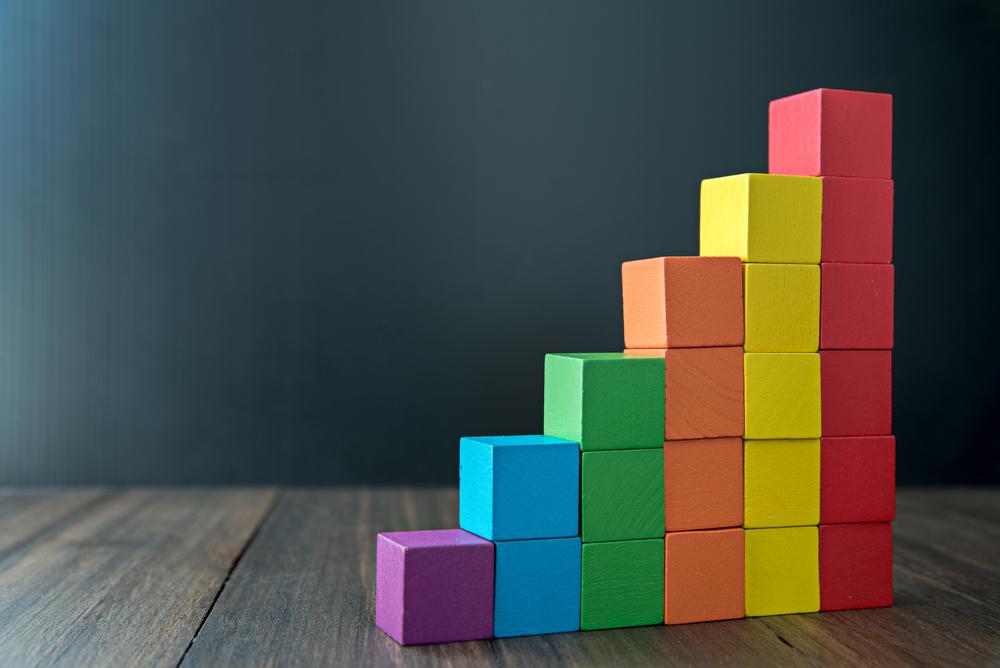Practicing mathematics Worksheets for Kids
1 filtered results
-
From - To
Question/Answer
Why is the Practicing mathematics skill important for Grade 2 students?
Practicing mathematics is crucial for Grade 2 students as it solidifies foundational math concepts, enhances problem-solving skills, and promotes logical thinking. Early engagement with math practice builds confidence, aids in the understanding of more complex mathematical ideas, and establishes a strong educational foundation, facilitating academic success in future grades.
What are some effective activities to train students’ Practicing mathematics skill when teaching them about Adding up to 100 Misc?
Effective activities for training students in adding up to 100 include using number lines for visual aid, playing math games that involve addition (like "Race to 100"), utilizing flashcards for quick recall, solving word problems for real-world application, and incorporating interactive online tools or apps designed for practice in addition.
How does the mastery of the Practicing mathematics skill affect a student's performance at an early age?
Mastering the Practicing mathematics skill at an early age significantly boosts a student's performance by enhancing problem-solving capabilities, logical thinking, and analytical skills. It fosters a strong numerical foundation, making it easier for students to grasp more complex mathematical concepts in later years, leading to better academic outcomes and a positive attitude towards learning mathematics.




.jpg)








